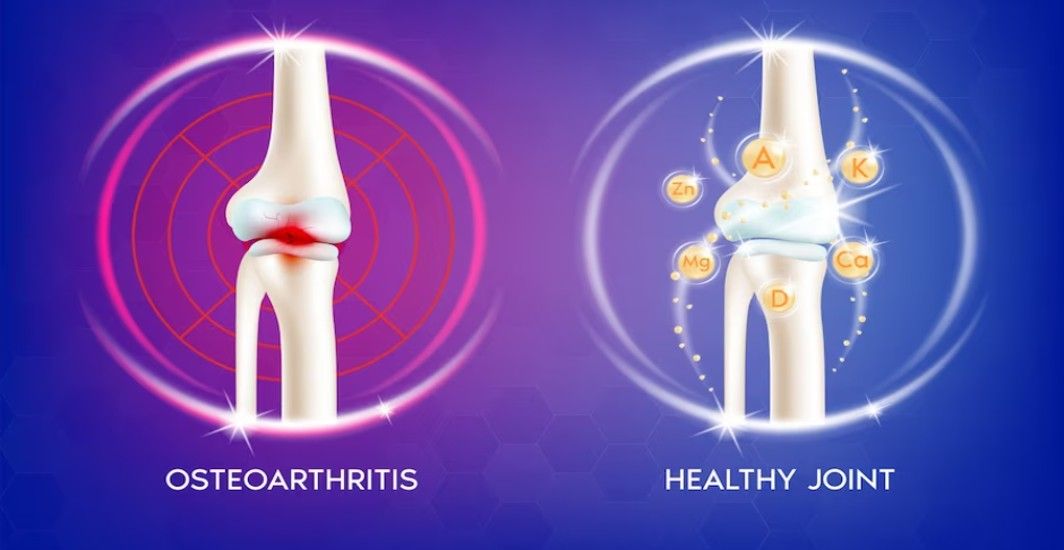Diabetes Management
LADA: The Type 1.5 Diabetes You Should Know About
2 min read
By Apollo 24|7, Published on - 21 August 2024
Share this article
0
0 like
.jpg?tr=q-80)
Within the sphere of diabetes, there exists a form less commonly known but equally imperative to understand - Latent Autoimmune Diabetes in Adults (LADA). Often seen as a hybrid, LADA displays traits akin to type 1 and type 2 diabetes, earning the name "type 1.5 diabetes." LADA is an autoimmune condition, much like type 1 diabetes, where the body's immune system attacks the insulin-producing beta cells in the pancreas but manifests usually in individuals aged between 30 to 50 years.
Understanding LADA
Latent Autoimmune Diabetes in Adults (LADA) is a form of diabetes that shares characteristics with both type 1 and type 2 diabetes. Symptoms of LADA include excessive thirst, frequent urination, fatigue, and weight loss. These symptoms develop slowly over months, unlike type 1 diabetes, where they appear rapidly, and are more noticeable than in type 2 diabetes, where symptoms can form gradually over years.
The Immunology of Diabetes Society has specified three criteria for diagnosing LADA:
- Age greater than 30 years
- Positive autoantibodies to islet β cells
- Insulin independence for at least the initial six months after initial diagnosis
Diagnosing and Treating LADA
Diagnosing Latent Autoimmune Diabetes in Adults (LADA) can be challenging, as it is often mistaken for type 2 diabetes. Key diagnostic criteria include adult onset (typically over age 30), the presence of diabetes-related autoantibodies, and no insulin requirement for at least six months after diagnosis.
Initial treatment for LADA may involve oral medications like metformin to manage blood sugar levels. However, as LADA progresses and insulin production diminishes, patients usually require insulin therapy sooner than those with type 2 diabetes.
Distinguishing LADA from Type 1 and Type 2 Diabetes
Type 1 diabetes is characterised by a quick onset of symptoms and an immediate need for insulin therapy due to the destruction of insulin-producing cells. Type 1 diabetes typically appears at a younger age than other forms of diabetes. At the time of diagnosis, patients with type 1 diabetes are more likely to have autoimmune markers in their blood.
Type 2 diabetes typically occurs in older adults and is related to insulin resistance and often obesity. Symptoms develop slowly, and patients may not require insulin for many years as this condition can be managed through lifestyle changes and oral medications.
LADA is a unique form of diabetes that combines characteristics of both type 1 and type 2 diabetes. Management involves regular monitoring of blood sugar levels and often early insulin therapy as the disease progresses. The Apollo Super 6 programme offers tremendous support in managing conditions like these through lifestyle changes and personalised support. Consider enrolling in this programme and receive support in managing diabetes better.
Diabetes Management
Consult Top Diabetologists
View AllLeave Comment
Recommended for you

Diabetes Management
Navigating Osteoarthritis and Diabetes For Better Joint Health
If uncontrolled or poorly managed, diabetes can worsen osteoarthritis. Diabetes can increase inflammation, which exacerbates joint pain and AGEs. These, in turn, cause high blood sugar and speed up joint damage. Effectively managing both conditions involves a healthy diet, regular physical activity, and strict adherence to prescribed medications. This comprehensive approach helps control symptoms and improves overall quality of life.

Diabetes Management
Managing Diabetes with Tech Tools: A Look at Smartphone Apps and Wearables
Leverage the power of technology to manage diabetes with the help of digital health technologies. From CGMs to smartphone apps, these tools provide real-time tracking, remote healthcare access, and preventive strategies. However, remember they are not a substitute for regular medical care and need to be used in tandem with medicines prescribed by your doctor.
.jpg?tr=q-80)
Diabetes Management
How to Create a Diabetes-Friendly Pasta Dish?
Creating a diabetes-friendly pasta dish is easier than you think! Choose whole grain pasta, lean proteins like chicken or paneer, and add plenty of non-starchy veggies. The key lies in portion control and increasing fibre content for better blood sugar regulation. For expert guidance on managing diabetes through lifestyle changes, consider enrolling in the Apollo Super 6 programme.
Subscribe
Sign up for our free Health Library Daily Newsletter
Get doctor-approved health tips, news, and more.
Visual Stories

8 Fruits That are Incredibly Healthy for Diabetes
Tap to continue exploring
Recommended for you

Diabetes Management
Navigating Osteoarthritis and Diabetes For Better Joint Health
If uncontrolled or poorly managed, diabetes can worsen osteoarthritis. Diabetes can increase inflammation, which exacerbates joint pain and AGEs. These, in turn, cause high blood sugar and speed up joint damage. Effectively managing both conditions involves a healthy diet, regular physical activity, and strict adherence to prescribed medications. This comprehensive approach helps control symptoms and improves overall quality of life.

Diabetes Management
Managing Diabetes with Tech Tools: A Look at Smartphone Apps and Wearables
Leverage the power of technology to manage diabetes with the help of digital health technologies. From CGMs to smartphone apps, these tools provide real-time tracking, remote healthcare access, and preventive strategies. However, remember they are not a substitute for regular medical care and need to be used in tandem with medicines prescribed by your doctor.
.jpg?tr=q-80)
Diabetes Management
How to Create a Diabetes-Friendly Pasta Dish?
Creating a diabetes-friendly pasta dish is easier than you think! Choose whole grain pasta, lean proteins like chicken or paneer, and add plenty of non-starchy veggies. The key lies in portion control and increasing fibre content for better blood sugar regulation. For expert guidance on managing diabetes through lifestyle changes, consider enrolling in the Apollo Super 6 programme.



